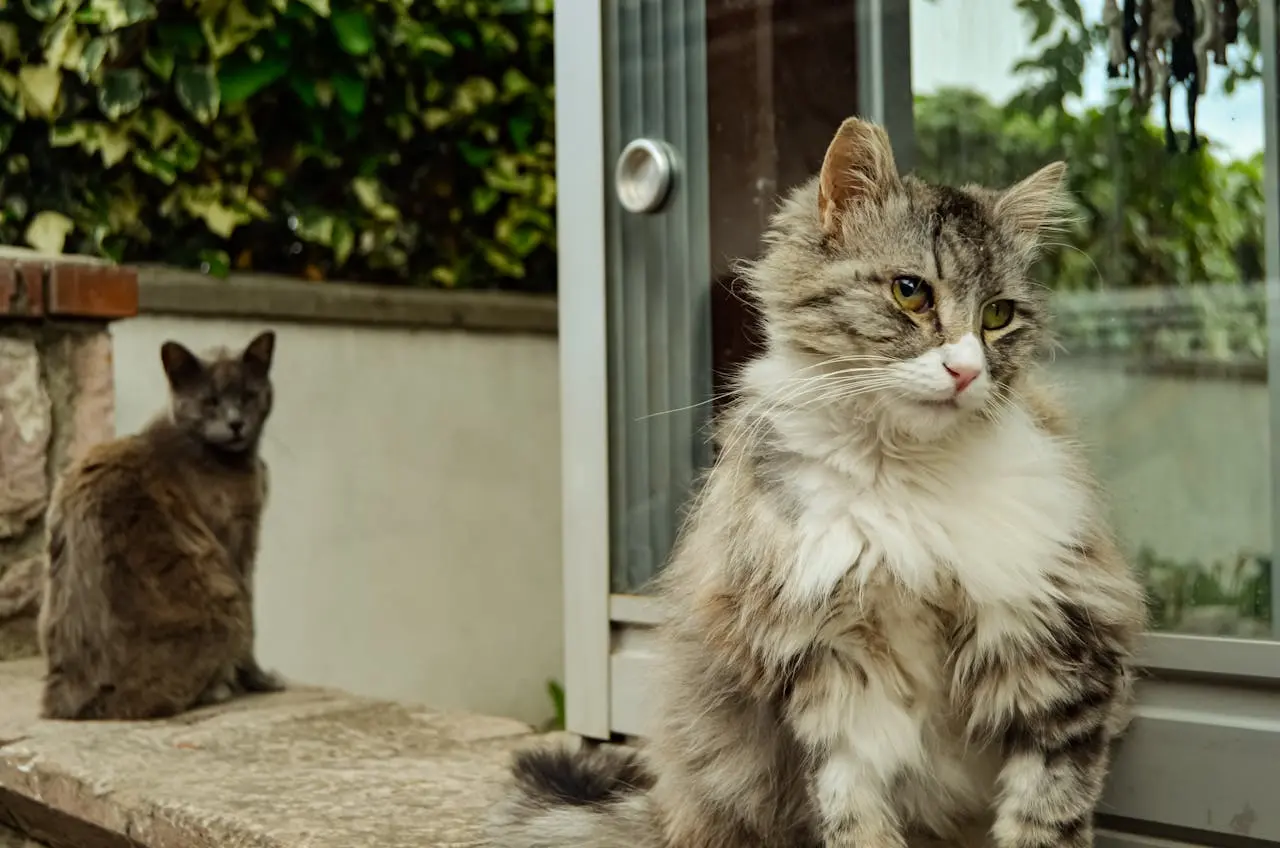Why Do Cats Purr? The Science Behind the Sound
If you’ve ever had a cat curl up in your lap and start purring, you know how comforting that gentle sound can be. But have you ever wondered why cats purr? While it may seem simple, the reason behind a cat’s purr is actually quite fascinating and more complex than many people think.
Let’s dive into the science and meaning behind this soothing feline sound.
What Is a Purr?
A purr is a low, rhythmic sound made by cats, usually during both inhaling and exhaling. It typically occurs when a cat is calm, relaxed, or content — but not always.
Scientists believe that purring begins in the brain. A repetitive signal is sent to the muscles within the cat’s voice box (larynx), causing them to twitch. This movement controls airflow and produces the purring sound.
Common Reasons Why Cats Purr
1. Contentment and Relaxation
Most commonly, cats purr when they’re feeling happy and safe — like when they’re being petted or resting in a cozy spot. This is their way of saying, “I feel good.”
2. To Communicate with Humans
Cats quickly learn that purring gets a human’s attention. Some cats use it as a friendly “hello” or even a way to ask for food. In fact, some cats use a special type of purr (called the “solicitation purr”) that includes a high-pitched cry — similar to a baby’s cry — to get their owner’s attention.
3. Comfort and Self-Soothing
Cats also purr when they’re scared, in pain, or even when they’re dying. This may seem strange, but many experts believe purring helps calm them down. It’s like a natural way for cats to comfort themselves during stressful times.
4. Healing Powers
One of the most amazing things about purring is its potential healing power. Studies have shown that the sound frequencies of a cat’s purr (between 25 and 150 Hertz) can promote healing of bones and tissues, reduce pain and swelling, and even improve breathing. This is why cats may purr when they’re injured or unwell — it could actually help them heal faster.
5. For Kittens and Mothers
Mother cats purr to comfort their kittens, and kittens begin to purr just a few days after birth. It helps create a strong bond between mother and baby, and may also signal that the kitten is nursing well and feeling safe.
Do All Cats Purr?
Most domestic cats purr, as do some wild cats like cheetahs. However, larger cats like lions and tigers don’t purr in the same way — they can roar instead. Scientists believe that cats can either roar or purr continuously, but not both.
